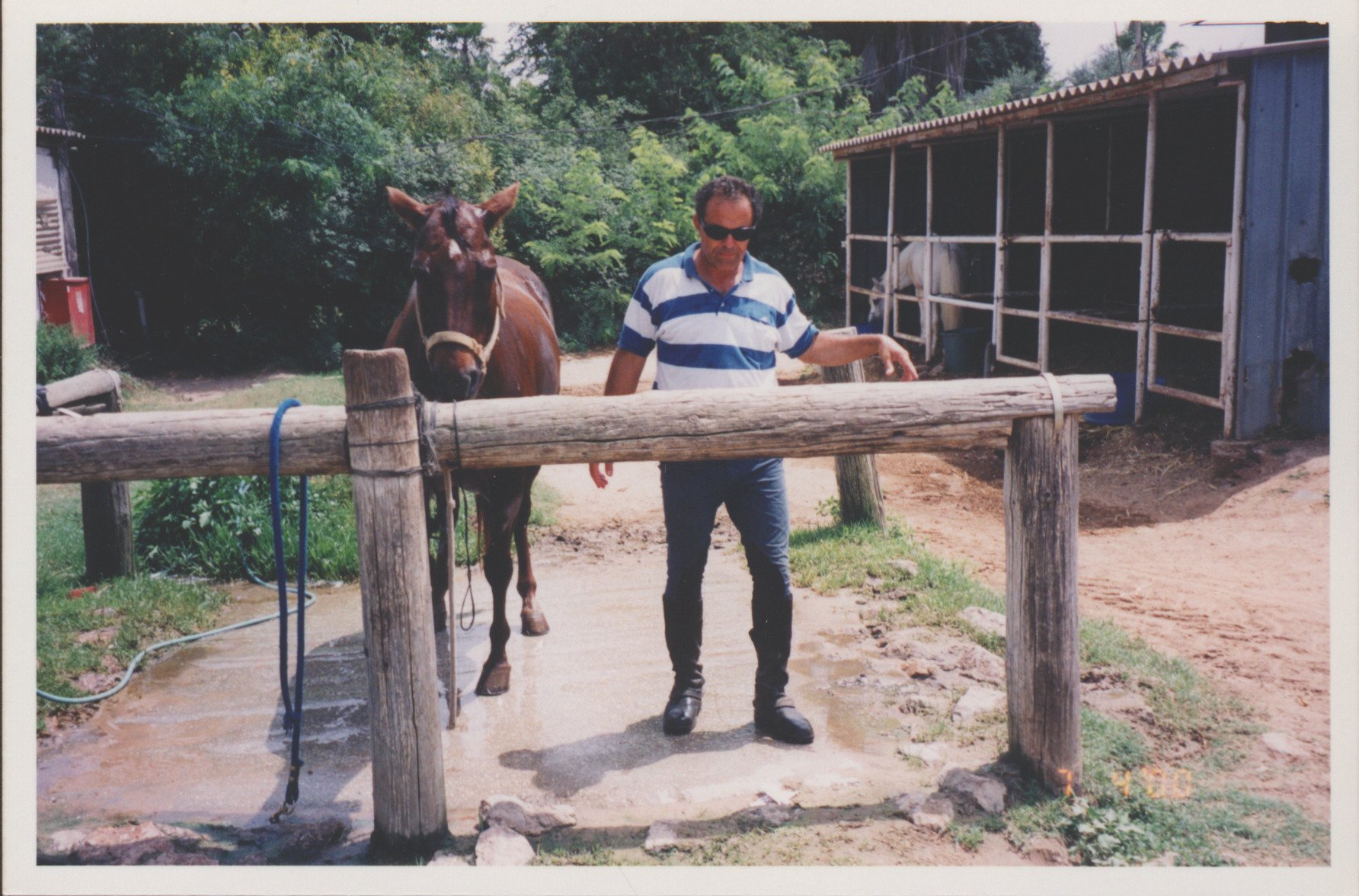There’s an old truism: If you want to sound like a fool, just say, “You know, I’m really optimistic right now about the Middle East.”
I don’t want to be a fool. There are deep, possibly insurmountable, divisions in Israeli society. I know that Israel cobbled together the most radical, right-wing governing coalition in its history, and it has a substantial base of support. I know what Israel’s demographics look like, and they aren’t good.
“To those on the ground and in the streets: Thank you. You fill me with Zionist pride and democratic, patriotic inspiration.”
But what can I say? Today I realized that my heart is filled with… if not optimism, at least a sense of invigoration and pride for Zionism and the Israeli people. And it’s thanks to those protesters in the streets of Israel.
Maybe it’s because spring is here and the sun is shining. Maybe it’s because Pesach is right around the corner, with its promises that freedom always wins out against tyrants eventually.
Whatever the cause, I’m full of hope and admiration—yet again—for Israelis. Just seeing the depth and breadth of the protests against Netanyahu’s cynical attempt to overhaul Israel’s judiciary and to strip the nation of its democratic checks and balances gives me an enormous sense of appreciation for the vitality of Israelis.
Just consider some of these astonishing items:
· The unceasing momentum: For 12 weeks, the streets of Tel Aviv and every other major city in Israel have been filled with hundreds of thousands of protesters, especially on Saturday nights – and the demonstrations are getting larger, not smaller! What endurance and momentum this movement has shown.
· The size: Israel has a population of about 12 million people. Hundreds of thousands in the streets, week after week? Can we imagine what percentage of the population has shown up? The photos, of course, are awesome…
· The breaking news: Monday morning, the embassy and consulates of Israel in the United States are closed – the staff is on strike! All part of the protest against the assault on the judiciary and Netanyahu’s firing of Defense Minister Yoav Gallant, who had the chutzpah to suggest pausing the radical legislation in the name of national unity. When have the embassies of any nation ever closed, on their own accord, in an act of protest against their own government?!
· The flags: The protests are awash in swaths of blue, with Israeli flags prominently displayed and people singing Hatikvah. This is no anti-nationalist movement. The demonstrators are patriots standing up for democratic norms that are enshrined in the Declaration of Independence.
· The diversity: Despite Netanyahu and his minions’ desire to paint the demonstrators as anarchists, outside agitators, or worse. The truth is that the protests are the mainstream of Israeli society: reservists refusing to serve; military leaders refusing to show up; members of the center-left and center-right calling for sanity and a return to decency. And now the Histadrut, Israel’s largest labor union—over half a million members, including airport workers, civil servants, and those government officials overseas—adds its voice.
How about this amazing scene: the Israel Philharmonic playing the national anthem at this week’s Tel Aviv protest!
THIS is what democracy looks like. And even though it’s emerging in desperate times, it’s invigorating to see.
This is a culture that is saying yesh gvul, there is a line that has been crossed by corrupt leaders who defy the will of the people—and then try to smear those righteous protesters with lies and propaganda.
As I’ve said, perhaps it will come crashing down tomorrow. The news cycle moves very quickly, and what I’ve written here may be out of date quickly. Netanyahu is corrupt, but he’s far from stupid. Maybe he’ll ram through his reforms, come what may. Maybe he’ll wag the dog with a military strike against Iran, and then call for “Jewish unity.” Maybe a cosmetic compromise will be achieved and the demonstrations will fizzle.
So I don’t want to foolishly say, “I’m optimistic about the Middle East.” But for now, my heart is filled with gratitude to those righteous protesters in the street. They should be an inspiration to lovers of democracy everywhere. We should be supporting their efforts in every way we can, especially in American Jewish and Zionist institutions to whom we pay dues. (We must demand of them: “Where do you stand?”)
To those on the ground and in the streets: Thank you. You fill me with Zionist pride and democratic, patriotic inspiration. And I’m counting down the minutes until I can come and join you!


